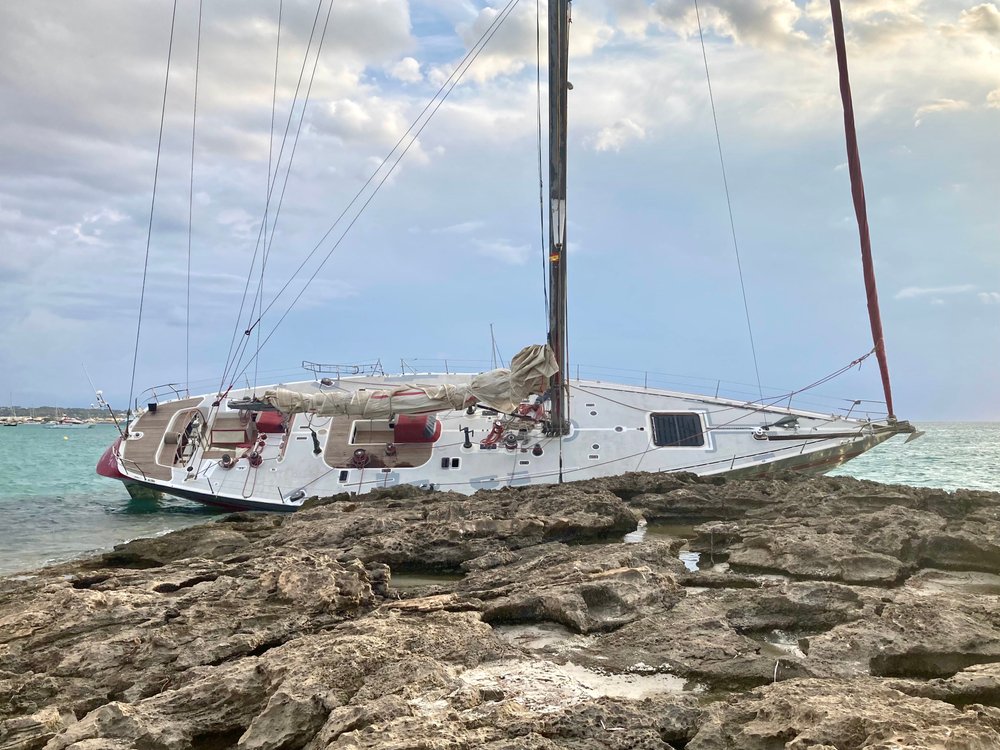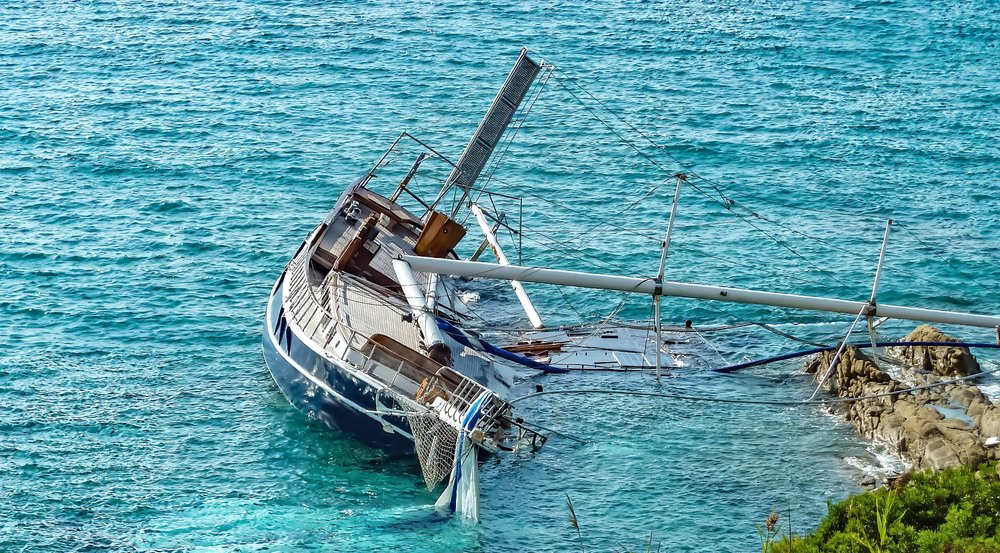Understanding when your boat is considered a total loss is crucial for making informed decisions about your watercraft insurance. Knowing the circumstances that lead to such a designation can help you better prepare for unfortunate events and ensure you have the appropriate coverage. This article will explain what constitutes a total loss, the factors influencing this determination, and tips for dealing with a total loss claim.
What Constitutes a Total Loss?
In watercraft insurance, a total loss occurs when the boat’s repair cost exceeds its actual cash value or when it is damaged beyond repair. Understanding this concept’s importance can be the difference between a smooth claims process and a financial headache. Let’s explore the factors insurance companies consider when determining if your boat is a total loss.
Factors Determining Total Loss
Cost of Repairs
One of the primary factors is the cost of repairs. If fixing your boat is more expensive than its cash value, the insurance company may declare it a total loss. This calculation includes labor, parts, and any other expenses related to making your boat seaworthy again.
Time to Repair
The time required to repair your boat also plays a significant role. Your boat might be considered a total loss if the repairs are deemed impractical due to the extended time needed. This is especially relevant for boats that require extensive or specialized maintenance, making it difficult to get them back on the water promptly.
Salvage Value
The salvage value of your boat is another critical consideration. If the salvage value is significantly less than its actual cash value, the insurance company may declare the boat a total loss. The insurer aims to minimize losses and recover as much value as possible.
Nature of Damage
The extent and nature of the damage are also crucial. Boats that suffer extensive or irreparable harm, such as structural issues or severe water ingress, are more likely to be classified as total losses. Insurance companies assess whether the damage affects the boat’s safety and seaworthiness, which are critical for making this determination.
Salvage Rights

What Are Salvage Rights?
Salvage rights refer to the legal entitlement to recover a portion of the value of the damaged boat. When your boat is declared a total loss, you might still have the option to retain salvage rights. You can keep the damaged boat and potentially sell it for parts or scrap, offsetting some of your financial losses.
Salvaging a Damaged Boat
Salvage a damaged boat involves additional costs, such as transportation and storage fees. However, it can be viable if you believe the salvage value is worth the effort. Discuss this with your insurance provider to fully understand the implications.
Total Loss Settlement
How Insurance Companies Settle Total Loss Claims
When a boat is declared a total loss, insurance companies typically settle the claim based on the boat’s actual cash value or replacement cost coverage. The settlement process involves assessing the boat’s condition, age, market value, and any depreciation.
Actual Cash Value vs. Replacement Cost Coverage
Actual cash value coverage pays out based on the boat’s current market value, factoring in depreciation. Replacement cost coverage provides the amount needed to replace your boat with a similar one without considering depreciation. Understanding the difference between these coverage options is essential for making an informed decision about your watercraft insurance policy.
Tips for Dealing with a Total Loss

Document the Damage
Thoroughly documenting the damage is crucial for a smooth claims process. Take clear photos and videos, keep records of any repair estimates, and communicate with repair professionals. This evidence will support your claim and help expedite the settlement process.
Communicate with Your Insurance Company
Maintaining open and transparent communication with your insurance company is vital. Keep them informed about the extent of the damage, provide all necessary documentation, and ask for clarification on any aspects of the claims process. Prompt communication can help avoid misunderstandings and delays.
Seek Professional Advice
Consider seeking professional advice if you’re unsure about any part of the process. Insurance agents or maritime attorneys can provide valuable insights and help you navigate the complexities of a total loss claim. Their expertise can ensure you receive a fair settlement and understand your rights and options.
Ensure your Watercraft With Us
Uninsured watercraft are a no-go. Determining when your boat is considered a total loss involves several factors, like cost and time of repairs, salvage value, and the nature of the damage. Understanding these factors and how total loss settlements work can help you make informed decisions about your boat liability insurance.
You can effectively manage a total loss claim by documenting the damage, maintaining open communication with your insurance company, and seeking professional advice when needed.
To explore your coverage options, contact us at Pronto Insurance for more information on watercraft insurance. Our team of experts is ready to assist you in finding the best solution for your needs.













